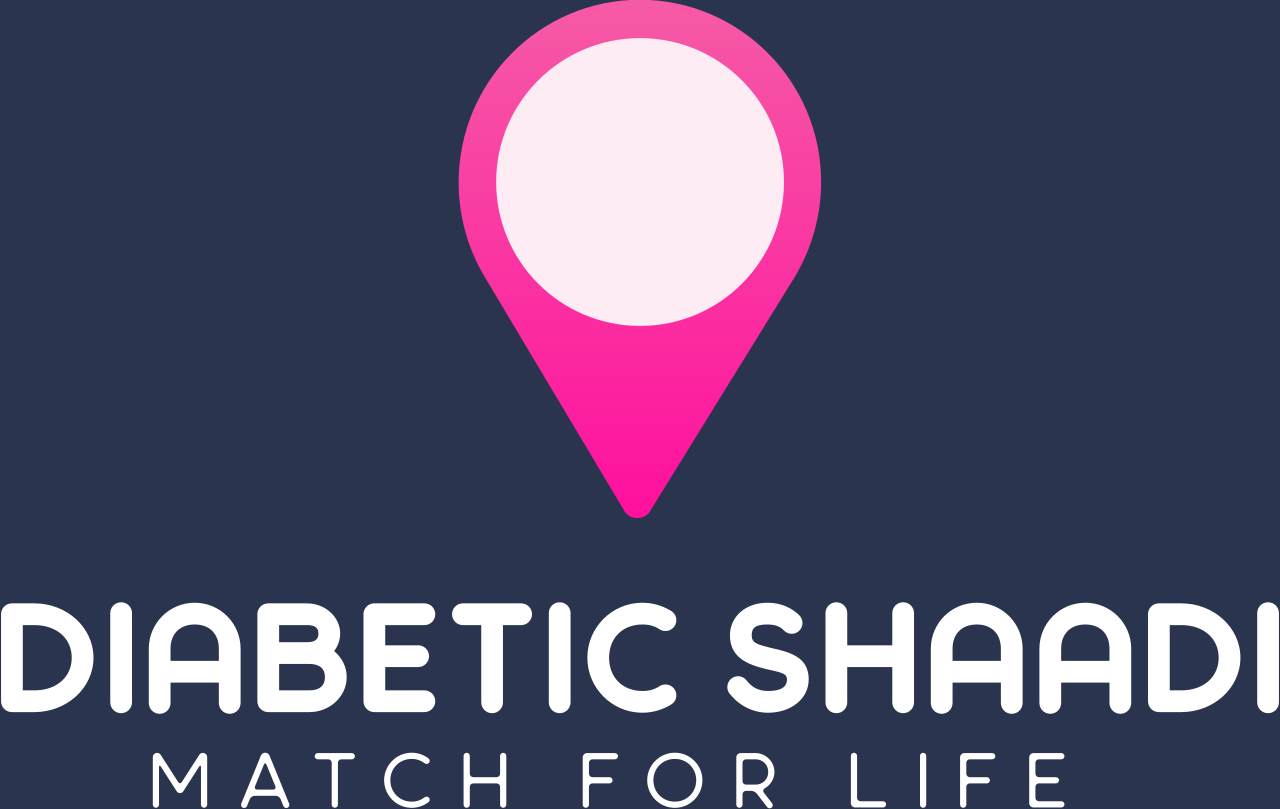Type 1 Diabetes in India: Challenges and Management
Type 1 Diabetes in India: Challenges and Management
Introduction
Type 1 Diabetes (T1D), or juvenile diabetes, is an autoimmune condition where the pancreas produces little or no insulin due to the destruction of insulin-producing beta cells. Unlike Type 2 Diabetes, which is often linked to lifestyle factors, T1D is not preventable and requires lifelong insulin therapy. In India, T1D poses unique challenges due to late diagnosis, lack of awareness, and limited access to care.
Prevalence of Type 1 Diabetes in India
India has the second-largest number of children with T1D globally, after the U.S.
An estimated 95,600 children (under 14 years) live with T1D in India (International Diabetes Federation, 2021).
The incidence is rising, with approximately 15,000-20,000 new cases diagnosed annually.
Many cases go undiagnosed or misdiagnosed due to a lack of awareness.
Causes and Risk Factors
The exact cause of T1D remains unclear, but contributing factors include:
Genetic predisposition (family history of autoimmune diseases).
Environmental triggers (viral infections, early diet, vitamin D deficiency).
Autoimmune response (the body’s immune system attacks insulin-producing cells).
Symptoms of Type 1 Diabetes
Early signs include:
Excessive thirst (polydipsia)
Frequent urination (polyuria)
Sudden weight loss despite increased hunger
Fatigue and irritability
Blurred vision
Slow-healing wounds
If untreated, T1D can lead to Diabetic Ketoacidosis (DKA), a life-threatening condition.
Challenges in Managing T1D in India
Late Diagnosis – Many cases are detected only after severe symptoms or DKA.
Limited Access to Insulin – High costs and irregular supply in rural areas.
Lack of Awareness – Misconceptions about diabetes (e.g., "only obese adults get diabetes").
Financial Burden – Insulin, glucose monitors, and doctor visits are expensive.
Social Stigma – Children with T1D face discrimination in schools and communities.
Healthcare Infrastructure – Few specialized pediatric diabetes centers.
Management and Treatment
Insulin Therapy (Multiple daily injections or insulin pumps).
Blood Sugar Monitoring (Frequent glucose checks using glucometers or CGMs).
Diet and Exercise – Balanced meals and regular physical activity.
Education and Support – Diabetes self-management training for patients and families.
Government and NGO Initiatives
National Programme for Prevention and Control of Non-Communicable Diseases (NP-NCD) – Provides free insulin in some states.
Life for a Child Program – Supports underprivileged children with insulin and supplies.
Type 1 Diabetes Foundations (e.g., Diabetes India, Changing Diabetes in Children) offer education and advocacy.
The Way Forward
Early screening programs in schools.
Subsidised insulin and diabetes care under health schemes like Ayushman Bharat.
Public awareness campaigns to reduce stigma.
Training for healthcare workers on T1D management.
Conclusion
Type 1 Diabetes in India requires urgent attention to improve diagnosis, affordability, and quality of care. With better awareness, policy support, and access to treatment, children and adults with T1D can lead healthier lives.

